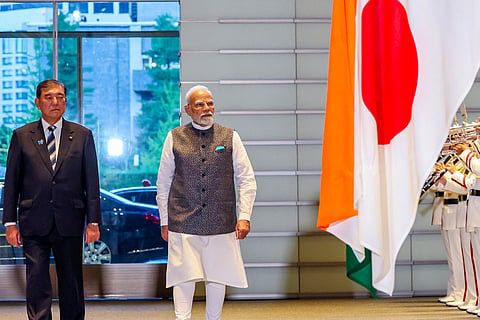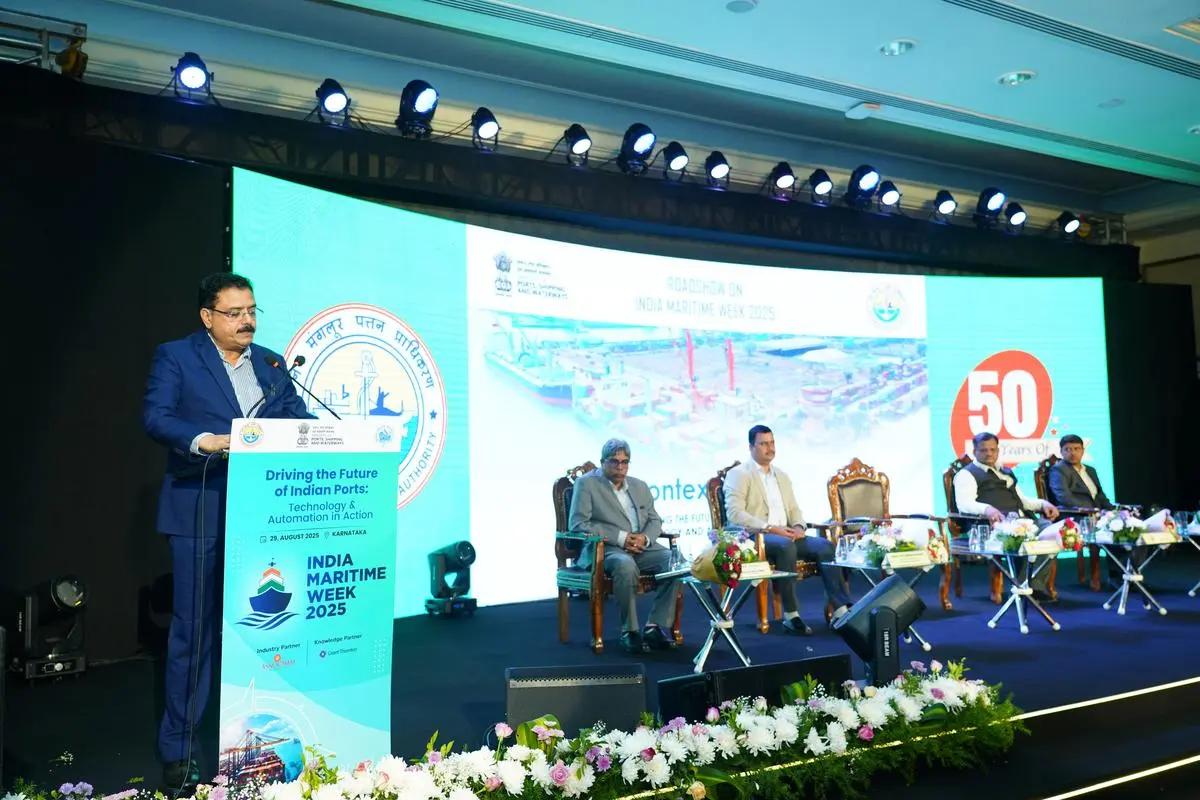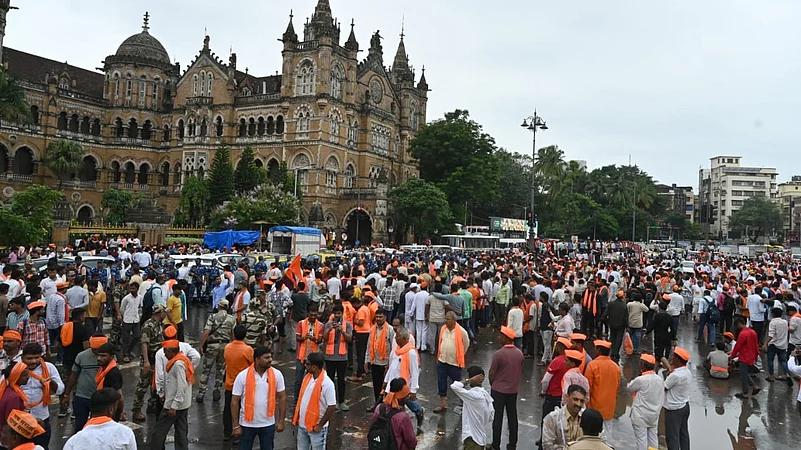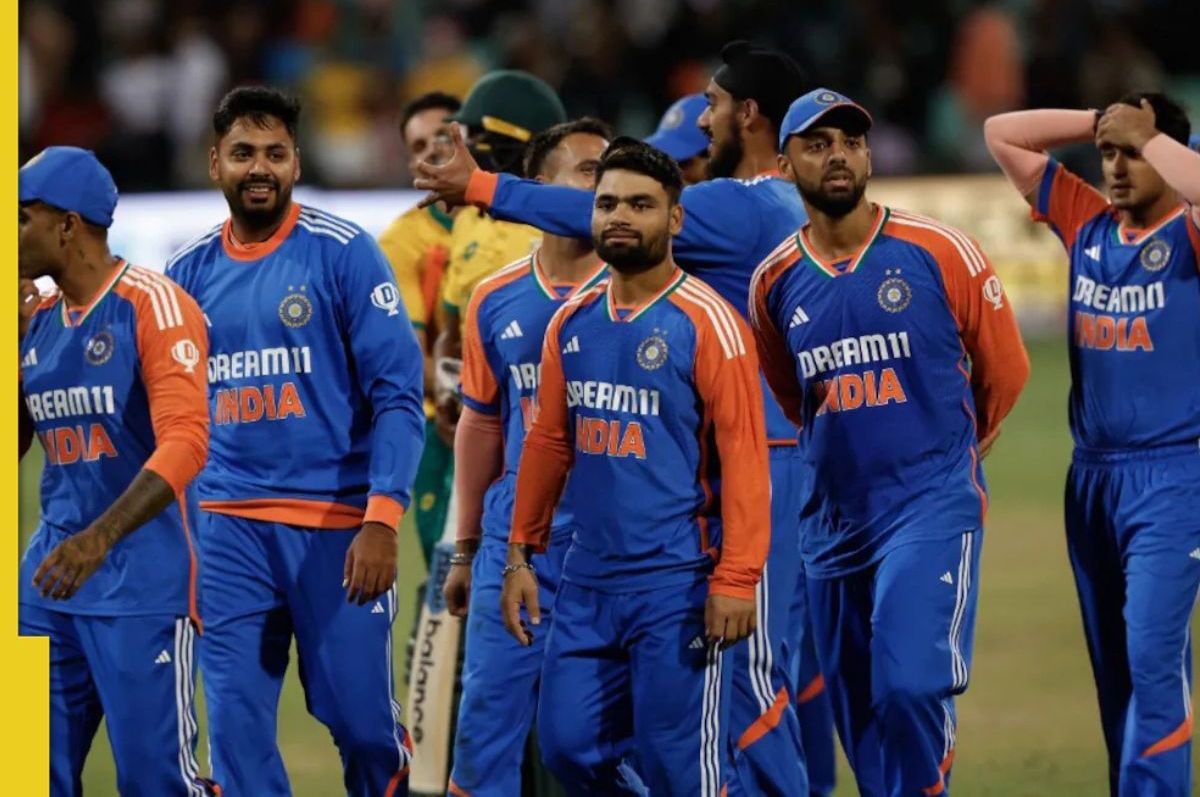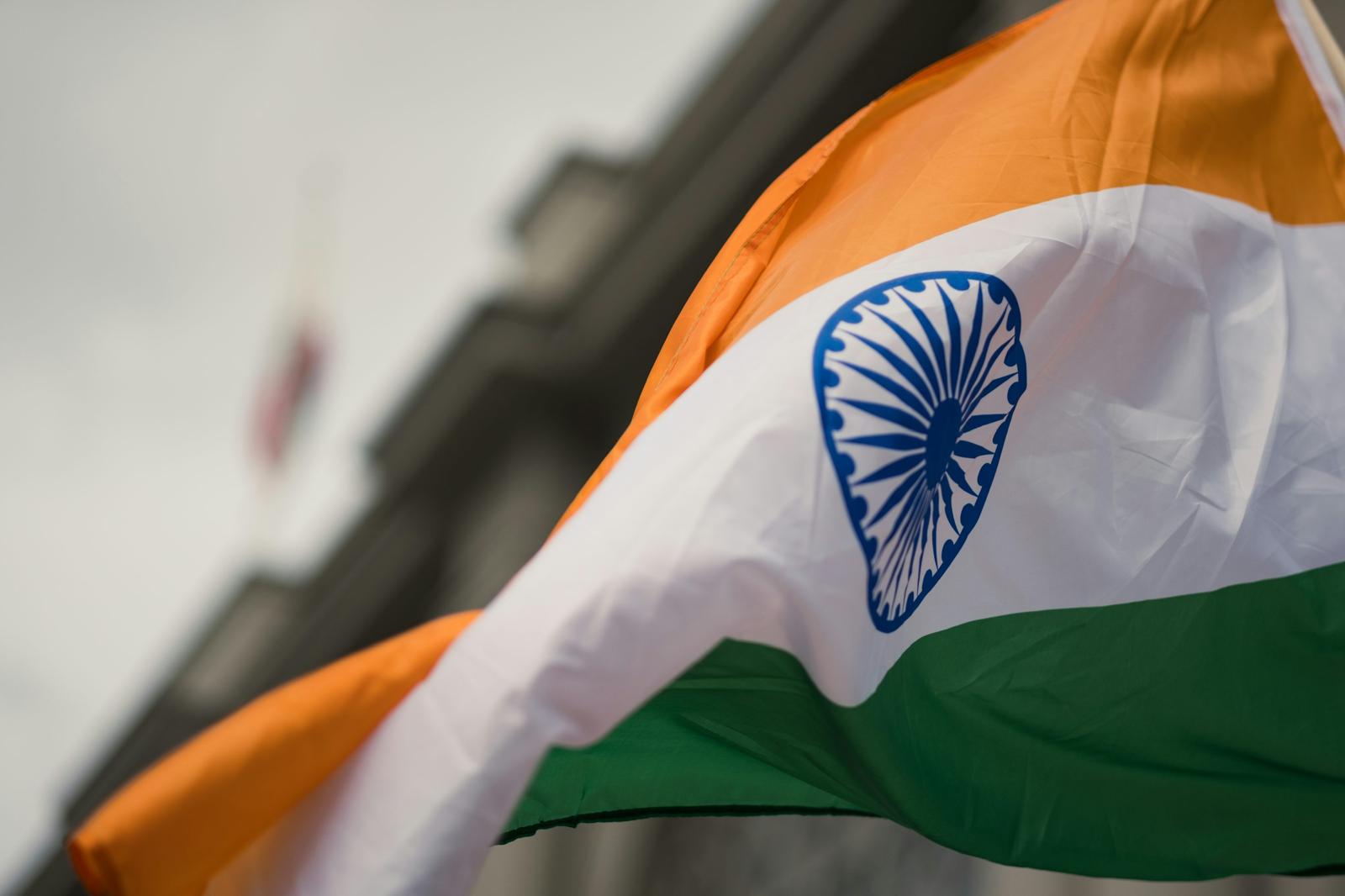 Image Source: Unsplash
Image Source: Unsplash
As global geopolitics enter a complex and fluid phase in 2025, India is redefining its foreign policy with a diversified, adaptive approach that goes beyond traditional reliance on the United States. While sustaining its deepening ties with Washington, India is actively expanding strategic, economic, and cultural partnerships across continents, seeking to safeguard its national interests and elevate its global stature amid shifting power dynamics.
Key Highlights of India’s Diplomatic Landscape
India maintains a diplomatic balancing act by managing relations with major powers, including the United States, China, Russia, and the European Union, while nurturing ties with emerging economies in Africa, Latin America, and Southeast Asia.
The government’s foreign policy pivots on modern non-alignment, exercising strategic autonomy in global affairs amid rising multipolarity.
Economic diplomacy is prioritized, with the expansion of Free Trade Agreements (FTAs), investment influx, and technology-sharing arrangements.
India’s participation in multilateral forums such as the UN, BRICS, G20, ASEAN, and SCO remains integral in amplifying its voice on climate change, security, and trade.
Recent improvements in complex relationships, such as the cooling of border tensions with China and high-level dialogues with Russia, reflect diplomatic flexibility.
Challenges persist with Pakistan, requiring cautious engagement due to ongoing security concerns and regional stability imperatives.
Diversifying Partnerships Beyond America
India has intensified outreach to African nations, cementing cooperation in infrastructure, counterterrorism, and capacity building, targeting economic growth and political influence.
Latin America and the Caribbean are emerging as important trade and technology partners, with India signing new strategic partnerships and FTAs to boost bilateral commerce.
Relations with Japan, Australia, and ASEAN countries have gained prominence through shared interests in Indo-Pacific security and supply chain resilience.
The European Union remains a key partner for investment and technological collaboration, despite occasional trade frictions.
Balancing Great Power Relations and Strategic Autonomy
While India and the U.S. continue to deepen defense and economic linkages, especially in critical technologies and Indo-Pacific security, India also preserves strong ties with Russia for energy and defense supplies.
The country is cautious about overdependence on any single power, preserving sovereignty and maneuvering room by showing willingness to engage globally without entanglement.
Recent diplomatic efforts have aimed to stabilize relations with neighbors—maintaining peace with China through sustained dialogue and cautiously resuming limited engagement with Pakistan.
Looking Ahead: New Frontiers and Opportunities
India plans to expand its soft power through diaspora engagement, cultural exchanges, and development assistance, particularly in strategically important regions.
Digital partnerships, innovation collaboration, and supply chain diversification are pillars of India’s economic diplomacy agenda.
Crises in global hotspots like Ukraine, the Middle East, and Indo-Pacific require India’s adept balancing and facilitating mediation roles.
Climate action cooperation, renewable energy technology sharing, and sustainable development are high on the diplomatic agenda.
Conclusion: A Resilient, Adaptive Diplomatic Strategy
India’s diplomatic horizon in 2025 embodies a mature, pragmatic, and multifaceted approach that balances old alliances and new partnerships. Its global outreach aims to position India not just as an emerging superpower but as a responsible, bridge-building actor shaping the 21st-century international order on its own terms.
Sources: SleepyClasses, Asia Society Policy Institute, Indian Express
Advertisement
Advertisement


